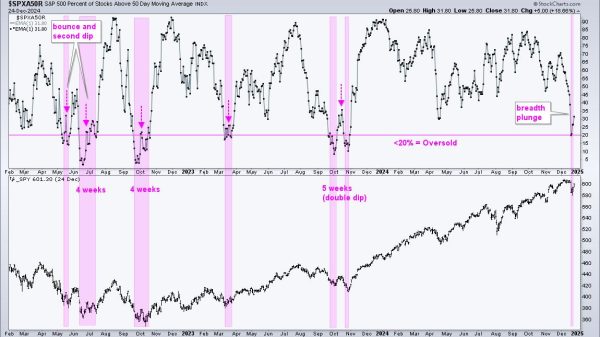The company behind Moët & Chandon, Veuve Clicquot, Krug and Dom Pérignon has said it is “running out of stock on our best champagnes” as the wealthy spend big on luxury goods in a new “roaring 20s” age of decadence.
Working Britons may have suffered the biggest slump in living standards since records began in the 1950s, but according to the head of LVMH’s wines and spirits division, “pent-up demand” following the easing of coronavirus restrictions has prompted a run on the finest fizz.
The chief executive of Moët Hennessy, Philippe Schaus, said 2022 would be “a fabulous year” for its champagne – which starts at about £40 a bottle and can runs into the thousands – as evidenced by stocks running low in the company’s network of cellars that stretch for 17 miles under the town of Epernay in France’s Champagne region.
“We are running out of stock on our best champagnes. As people are coming out of Covid there’s been pent up demand for luxury, enjoyment and travelling,” Schaus told Bloomberg in an interview at New Economy Forum in Singapore on Tuesday.
He said the leap in demand had been so big that, internally, the company was referring to the current boom as “the roaring 20s”, a reference to the economic prosperity of a century ago.
Schaus – whose wines and spirits division includes Glenmorangie single malt whiskies, Belvedere vodka and New Zealand’s Cloudy Bay wine – did not state which champagnes were running low, or how low stocks had fallen.
In its latest financial results, LVMH said its “Champagne Maisons” had “enjoyed excellent momentum, which increased pressure on supplies”. The company, which is part-owned and run by France’s richest person, Bernard Arnault, said growth was particularly strong in Europe, the United States and Japan and had been “led by tourism recovery”. Overall, champagne and wine sales were up 32% in the first nine months of 2022 compared with 2021.
Earlier this year the Guardian reported soaring sales of champagne in City of London wine bars as bankers celebrated the biggest bonus season since before the 2008 global financial crisis. It’s not just champagne that’s flying off shelves. Luxury goods companies across the world have recently reported booming sales in everything from designer label clothing and handbags to expensive watches and supercars as the ranks of the ultra wealthy hit record highs.
There are now record 218,200 people classed as ultra-high net worth (UHNW), with assets of more than $50m (£43.7m), according to research by the investment bank Credit Suisse. It said there had been “almost an explosion of wealth” during the recovery from the pandemic.
LVMH, the world’s largest luxury goods company, which also owns brands including Christian Dior, Stella McCartney, TAG Heuer watches and Bulgari and Tiffany jewellery, last month reported a 19% jump in third-quarter sales.
Jean-Jacques Guiony, LVMH’s chief financial officer, said that among his customers the economic downturn “has not materialised into full swing yet … if ever it does”.
Similar gains have been seen across the sector. Kering, which owns Gucci, Balenciaga and Bottega Veneta, reported a 14% increase in its third quarter sales.
Hermès, whose Birkin handbags can costs tens of thousands of pounds, reported a 24% jump in sales, compared with analyst expectations of 15%. The company’s finance director, Eric du Halgouet, said: “For the moment, we don’t see any sign of slowdown in any of our markets.”
Analysts predict that the boom in luxury goods is likely to continue as rich people spend the £2.52tn saved up during the pandemic.
The global luxury goods industry is expected to achieve total sales of £1.22tn this year, an increase of 21% on 2021, according to a report by analysts at Bain & Company and Italian luxury goods manufacturers’ industry association Altagamma.
The report, published on Tuesday, said the sector “remains poised to see further expansion next year, and for the rest of the decade to 2030, even in the face of present economic turbulence”.
It said the boom is expected to be driven by young people’s “more precocious attitude towards luxury”.
“In coming years, the spending of Gen Z and Gen Alpha is set to grow some three times faster than for other generations until 2030, making up a third of the market.
“This is, in part, driven by a more precocious attitude towards luxury, with Gen Z consumers starting to buy luxury items some three to five years earlier than millennials (at 15 years old, versus at 18 to 20), and Gen Alpha expected to behave in a similar way.”
Read more:
Moët hails new ‘roaring 20s’ as wealthy drain stocks of champagne























